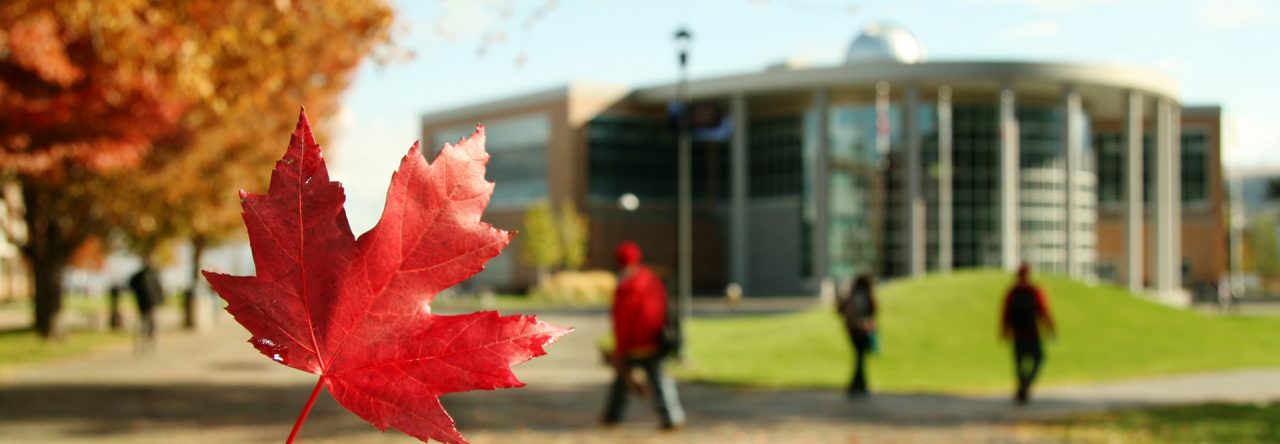
Image courtesy of the SAIL team
By Lorry-Ann Austin, Faculty of Education and Social Work
Jamie Noakes and Tara Bond, Career and Experiential Learning
Oleksandr (Sasha) Kondrashov, Faculty of Education and Social Work
Lian Dumouchel, Faculty of Adventure, Culinary Arts, and Tourism
Carolyn Hoessler, Centre for Excellence in Learning and Teaching
Alana Hoare, Office of Quality Assurance
We set SAIL! Specifically, we launched and collaborated on the 2021 SAIL, the Strategic Assessment of Institutional Learning, pilot of TRU.
Through SAIL we aimed to pilot a faculty-led approach to assessing student achievement of TRU’s institutional learning outcomes (ILO). In Winter 2021, we chose an ILO and joined faculty colleagues in a small group that we called an ILO Pod. Together, we co-created a shared rubric for the ILO. After the end of the term, we assessed student assignments from each others’ courses to provide ratings and a report to each other for reflection. This first pilot focused on Lifelong Learning, Social Responsibility, and Critical Thinking and Investigation, which are the ILOs that we taught. We will continue with these ILOs in Winter 2022. Later SAIL-ings (pilots) will focus on the remaining ILOs.
Through our cross-disciplinary collaboration via SAIL ILO Pods, we valued the opportunity to deepen our understanding about the ILO of focus. Our colleagues provided a fresh set of eyes on our assignments, and the discussions about how we assessed the ILOs prompted great insight and revisiting of our courses. The collaboration offered new conceptualizations of ILO application and inspiration for assessment. We also valued the opportunity to share our exciting work on campus and at an international conference. SAIL additionally confirmed student learning around the ILO and increased student understanding of the benefits of general education.
We built on the work of colleagues across TRU including the ILOs created by the General Education Taskforce, and the Principles for learning outcomes and assessment from the Learning Outcomes and Assessment Taskforce.
Our discussions and post-report debrief provided insights that informed the SAIL report, the recommendations being consulted on across campus, an Assessment Institute presentation, and a recent CELTalk. Our adventures can be found on the SAIL website. We look forward to continuing with the ILO Pods that we enjoyed, trying a new consent process and platform, and selecting assignments in late fall for a winter term SAIL-ing. Carolyn and Alana are also gathering feedback on the SAIL Recommendations and the Learning Outcomes and Assessment Principles.
Recommendations & Next Steps – Come SAIL with us!
Two recommendations arose from the research findings of our pilots, which the Learning Outcome and Assessment Task force is actively seeking feedback on through Faculty Council and curriculum committee presentations, as well as engaging with TRUSU Student Caucus this Fall. We are recommending the continuation of the SAIL research pilot, which includes the establishment of ILO Pods for TRU’s eight ILOs. The ILO Pods will be coordinated through the Centre for Excellence in Learning and Teaching (CELT) and supported by faculty learning and development coordinators. We will continue to explore the value of interdisciplinary rubrics to provide ratings of a subset of student assignments in ILO courses. For more details about the recommendations see the SAIL 2021 Pilot report and Fall 2021 feedback survey.
We are about to start Season 2 of SAIL with the ILO rubrics for Lifelong Learning, Social Responsibility, and Critical Thinking and Investigation. If you are teaching an ILO course, come SAIL with us!

